Approved by the Board of Trustees of SUNY Rockland Community College on January 17, 2002 superseding policy adopted on May 13, 1999. Amended on April 30, 2014. Approved by the Faculty Senate March 22, 2023. Amended by the Board of Trustees May 1, 2023.
The College’s Academic Forgiveness Policy is designed to help students recover from past academic problems. There are two options for academic forgiveness. The first option applies to students with prior unsatisfactory grades who have not attended Rockland for at least six consecutive fall and spring semesters, and the second is for current students who change their curriculum. Regardless of the option selected, students may be granted academic forgiveness only once. Additional restrictions apply to a student who wishes to return to the Nursing Program.
Students may apply for this opportunity in Records and Registration at any time during their career. The decision to grant academic forgiveness will be made by the Assistant Registrar.
Option One (Nonattendance)
When a student is granted academic forgiveness due to nonattendance for at least six consecutive Fall and Spring semesters, all grades of “F” that the student received in courses that are not required for the student’s current program or degree will be omitted from the recalculation of the cumulative GPA.
Once these “F” grades are removed and if the student reaches a cumulative GPA of at least 2.0, no other grades will be omitted from the recalculation of the cumulative GPA; If the student does not reach a cumulative GPA of at least 2.0 at this point, grades of “D” will be omitted from the recalculation of the cumulative GPA on a case-by-case basis identifying which “D’s” will be forgiven in consultation with their academic advisor and the Records Office to get the student to a cumulative GPA of at least 2.0.
Grades that are forgiven remain on the student’s transcript but do not count toward graduation requirements. All course grades which have been forgiven will be designated on the transcript by the prefix “^” (e.g., ^F or ^D).
To be eligible for academic forgiveness by “Nonattendance,” a student must meet all of the following criteria at the time of application for academic forgiveness:
- Have been out of Rockland Community College for at least three academic years.
- Have a cumulative grade point average below 2.0 when the Academic Forgiveness application is submitted.
- Be matriculated in a registered degree or certificate program at Rockland Community College.
- Be following the requirements of the most recent degree sheet in their area of study.
- Complete 6 or more additional credits with a GPA of 2.0 or better.
- Not have received a degree from Rockland Community College.
- Have never before been granted Academic Forgiveness at RCC.
- Acknowledge in writing the restrictions of the policy.
Option Two (Change of Program)
When a student is granted academic forgiveness due to a change in their curriculum, all grades of “F” that the student received in courses that are not required for the student’s current program or degree will be omitted from the recalculation of the cumulative GPA.
Once these “F” grades are removed and if the student reaches a cumulative GPA of at least 2.0, no other grades will be omitted from the recalculation of the cumulative GPA. If the student does not reach a cumulative GPA of at least 2.0 at this point, grades of “D” will be omitted from the recalculation of the cumulative GPA on a case-by-case basis identifying which “D’s” will be forgiven in consultation with their academic advisor and the Records Office to get the student to a cumulative GPA of at least 2.0.
Grades that are forgiven remain on the student’s transcript but do not count toward graduation requirements. All course grades which have been forgiven will be designated on the transcript by the prefix “^” (e.g., ^F or ^D).
To be eligible for academic forgiveness by “Change of Program,” a student must meet all of the following criteria at the time of application for academic forgiveness:
- Be matriculated in a registered degree or certificate program at Rockland Community College.
- Have a cumulative grade point average below 2.0 when the Academic Forgiveness application is submitted.
- Have changed their degree or their core curriculum by at least 20 credits. High School/Dual Enrollment Program students are eligible to apply for academic forgiveness in the first semester of matriculation.
- Demonstrate that a new degree/certificate program is being pursued. (A return to the original program will result in the reinstatement of the forgiven courses into the cumulative GPA.)
- Complete 6 or more additional credits with a GPA of 2.0 or better.
- Not have received a degree from Rockland Community College.
- Have never before been granted Academic Forgiveness at RCC.
- Acknowledge in writing the restrictions of the policy.
Important Provisions and Reminders:
- All applications for academic forgiveness must be submitted prior to the course withdrawal deadline to be considered in the same semester of the curriculum change. Students cannot submit an application for academic forgiveness after the course withdrawal deadline of the semester in which they changed their degree or core
curriculum. - Academic Forgiveness does not automatically make a student eligible for financial aid. Students should contact the Office of Financial Aid for information and explanations about their eligibility.
- This policy cannot be applied to a previously completed degree or certificate.
- Courses/grades forgiven absolutely cannot be removed from the student’s transcript.
- Students may use Academic Forgiveness once and only once.
